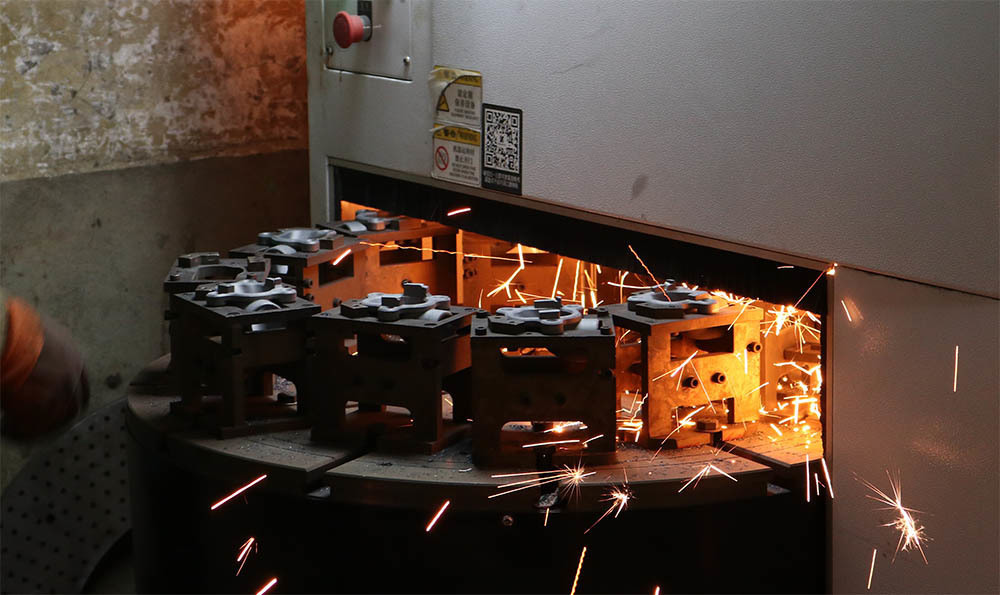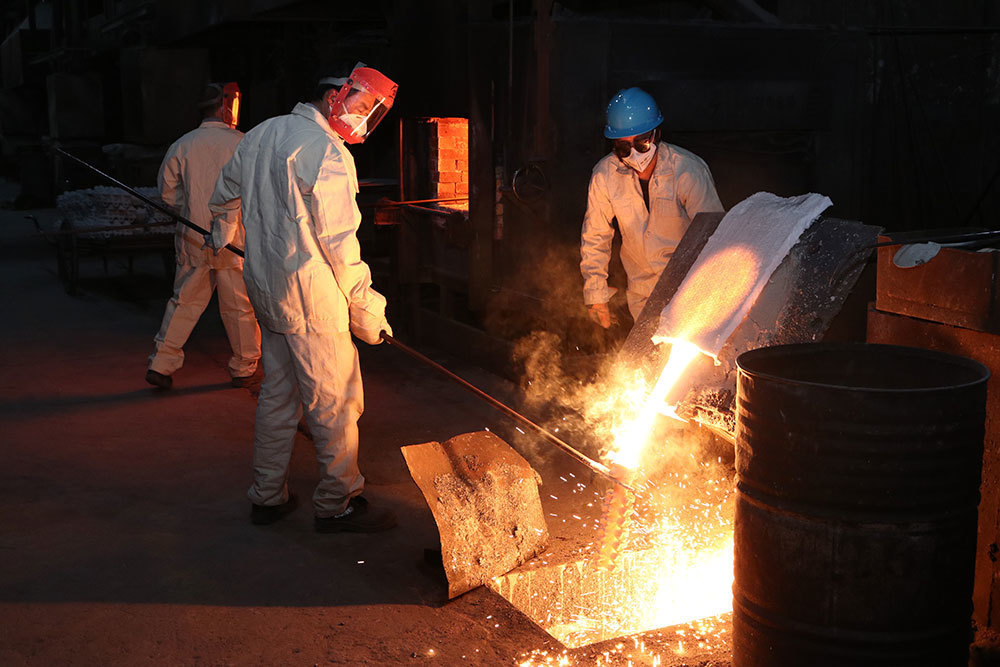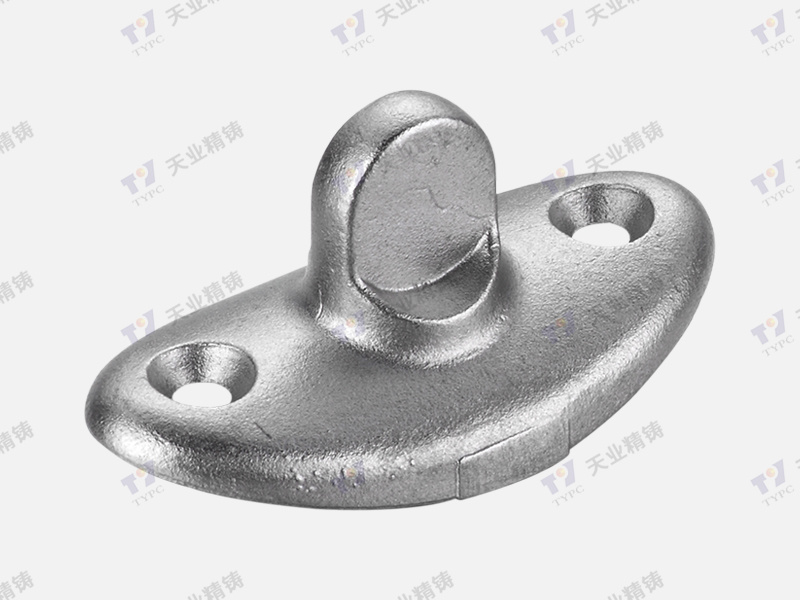2025-06-03
Exploring the Advantages of Copper Alloy Die Castings in Automotive Electrical Components
Copper alloy die castings have emerged as a vital material in the automotive industry, particularly for electrical and electronic components. These die castings combine the advantageous properties of copper with those of other metals, resulting in superior performance, electrical conductivity, and corrosion resistance. As vehicles become increasingly sophisticated, the need for reliable materials that can withstand the rigors of modern automotive applications has never been greater.
One of the primary advantages of using copper alloy die castings is their excellent electrical conductivity. Copper alloys, such as brass and bronze, offer improved conductivity compared to many other materials. This characteristic makes them ideal for components like connectors, terminals, and wiring harnesses, where efficient electrical transmission is crucial. With the rise of electric vehicles (EVs) and advanced automotive electronics, the demand for high-performance conductive materials continues to grow.
Moreover, copper alloy die castings exhibit remarkable strength and durability. The die casting process allows for the production of complex shapes with precise dimensions, which can be tailored to meet specific design requirements. This precision minimizes the need for additional machining, reducing production time and costs. The inherent strength of copper alloys ensures that these components can withstand mechanical stress and thermal fluctuations, contributing to the longevity of automotive systems.
Corrosion resistance is another significant factor in the selection of materials for automotive applications. Copper alloys possess natural corrosion-resistant properties, making them suitable for environments where exposure to moisture and chemicals is inevitable. This characteristic aids in preventing failures in electronic components and enhances the overall reliability of the vehicle.
In addition to their functional benefits, copper alloy die castings can also provide aesthetic value. Many automotive components require a polished or finished look, and copper alloys can be treated to achieve a high-quality surface finish. This capability allows manufacturers to produce visually appealing parts that enhance the overall design of the vehicle.
In conclusion, copper alloy die castings play a pivotal role in the automotive industry, especially in the realm of electrical and electronic components. Their exceptional electrical conductivity, strength, durability, and corrosion resistance make them an ideal choice for modern automotive applications. As the industry continues to evolve, the importance of utilizing advanced materials like copper alloys will become increasingly prominent, ensuring that vehicles remain efficient, reliable, and technologically advanced. Embracing these materials can significantly enhance product performance and customer satisfaction in the competitive automotive market.
One of the primary advantages of using copper alloy die castings is their excellent electrical conductivity. Copper alloys, such as brass and bronze, offer improved conductivity compared to many other materials. This characteristic makes them ideal for components like connectors, terminals, and wiring harnesses, where efficient electrical transmission is crucial. With the rise of electric vehicles (EVs) and advanced automotive electronics, the demand for high-performance conductive materials continues to grow.
Moreover, copper alloy die castings exhibit remarkable strength and durability. The die casting process allows for the production of complex shapes with precise dimensions, which can be tailored to meet specific design requirements. This precision minimizes the need for additional machining, reducing production time and costs. The inherent strength of copper alloys ensures that these components can withstand mechanical stress and thermal fluctuations, contributing to the longevity of automotive systems.
Corrosion resistance is another significant factor in the selection of materials for automotive applications. Copper alloys possess natural corrosion-resistant properties, making them suitable for environments where exposure to moisture and chemicals is inevitable. This characteristic aids in preventing failures in electronic components and enhances the overall reliability of the vehicle.
In addition to their functional benefits, copper alloy die castings can also provide aesthetic value. Many automotive components require a polished or finished look, and copper alloys can be treated to achieve a high-quality surface finish. This capability allows manufacturers to produce visually appealing parts that enhance the overall design of the vehicle.
In conclusion, copper alloy die castings play a pivotal role in the automotive industry, especially in the realm of electrical and electronic components. Their exceptional electrical conductivity, strength, durability, and corrosion resistance make them an ideal choice for modern automotive applications. As the industry continues to evolve, the importance of utilizing advanced materials like copper alloys will become increasingly prominent, ensuring that vehicles remain efficient, reliable, and technologically advanced. Embracing these materials can significantly enhance product performance and customer satisfaction in the competitive automotive market.









